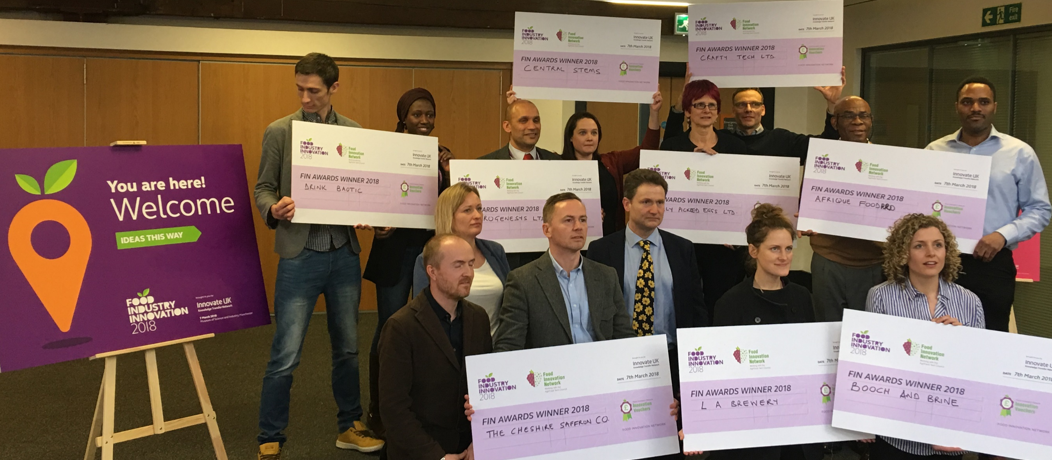Blown Away
After the travel chaos wrought by so-called Storm Emma, hot (or should that be cold) on the heels of the ‘Beast From The East’, things returned to normal this week, in the east of the country at least. One of the less obvious outcomes of these weather systems was a very graphic illustration of the wind erosion of top soil, pictured below. Where hedgerows were in good health, the snow on the downwind verge remained a gleaming white, but where there was no wind-break, fine particles of soil were carried across to adhere to the snow leaving the appearance of a chocolate meringue. This was in a landscape where the fields had been ploughed and left bare, which left the soil exposed to the – admittedly unusual – wind. Cover crops aren’t necessarily the answer in every circumstance, but unprotected soils will be progressively more vulnerable as extreme weather events become more common.

Wednesday saw the annual conference of the Sustainable Futures project. Bringing together farmers, food manufacturers, researchers and other actors in the agri-food system, the event recognised the achievements of the project and set the scene for the coming year. Water is at the heart of successful agriculture and healthy ecosystems and it is fitting that the day was opened by the CEO of Yorkshire Water and the Kelda Group, who also kindly sponsored the event. The impact of rainfall on soil erosion has been a recent theme of the project, which has brought together farmers from across Yorkshire and increases in relevance with the renewed focus on the environment as the UK moves towards exiting from the EU. The recent Command Paper published by DEFRA and the associated consultation, which runs until May 8th, seeks stakeholder views on a range of issues including support payments, animal welfare and the rural economy.

Regrettably, I had to leave early to attend another event, the Food Industry Innovation conference at the Museum of Science and Industry in Manchester where I chaired a session on safe and efficient supply chains with other sessions in the day including Optimising Food Composition, Innovations in Food Processing & Manufacturing and Waste Valorisation. There are clear overlaps with what the Sustainable Futures project is working on and it is a shame that they were held on the same day so that I couldn’t attend both in full. The event also showcased a number of projects which have received funding from Innovate UK, the government’s innovation agency (formerly known as the Technology Strategy Board). Innovation, within Sustainable Development Goal 9, is recognised as an important part of addressing the world’s social and environmental challenges and delegates were able to meet and speak with the 15 companies shortlisted for Food Innovation Network Innovation Awards. Congratulations to the winners, pictured below with some of the judges, who shared the nearly £200,000 in prizes.
